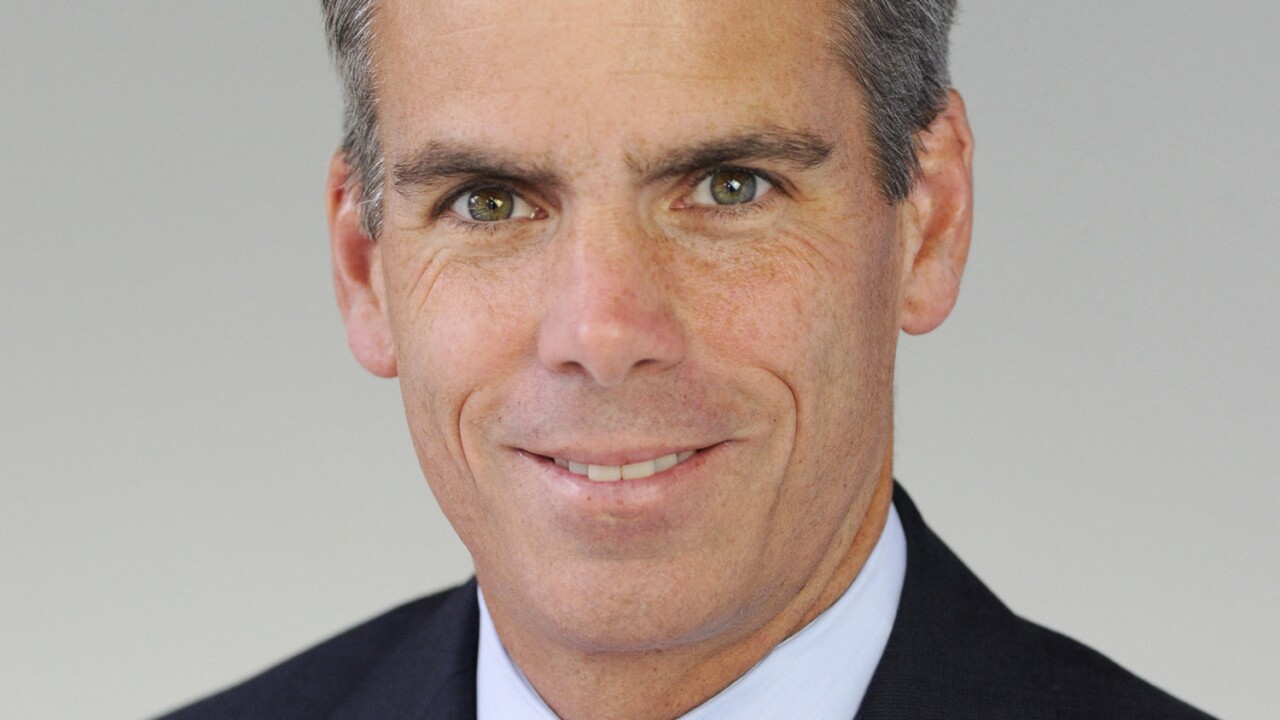
As
The $4.6 trillion-asset bank is ready to shed some of its excess capital as regulators have become
"It's good discipline to always be looking," Dimon said on acquisitions. "I wouldn't have high expectations that will be how we use a lot of capital. And I think it's a very big plus that we grow organically in every business we're in without having to stretch."
During the company's
Taking a bigger piece of a hot market
When asked about
Bank-to-nonbank lending
Dimon said Tuesday that he isn't "against private credit," but reiterated skepticism he's shared previously about its appeal to fund managers and investors.
"I've mentioned that credit spreads are very low. It's grown dramatically over time, and you have to pay up a lot for it," Dimon said. "And I'm not saying it's not going to grow some more, but I would have a slight reluctance depending on who it was."
Lessons learned
Dimon also didn't show much interest in purchasing a large language model, even as the bank looks to invest about $18 billion in technology this year, focused on artificial intelligence. The CEO said there was "no reason" for
Still,
"Clearly, it is a big amount of excess [capital], and that does mean that everything is on the table," said Chief Financial Officer Jeremy Barnum on the Tuesday earnings call. "That includes potentially inorganic things. Now obviously, that needs to be done carefully. I think acquisitions have a high bar, both financially, strategically and importantly, in some cases, culturally."
Read more on JPMorganChase:
The bank is just a few months past
"We also need to think carefully about things that work outside the regulated perimeter might not work inside the regulated perimeter," Barnum said. "We have learned some lessons. We don't want to over-learn those lessons."
Barnum added that the bank's leaders "wouldn't be doing our job if we weren't thinking about" acquisition opportunities. He added, though, that "it's not easy to imagine a deal that would actually make sense."
Investing in growth vs. buybacks
Dimon has often advertised that he doesn't like buying back the company's stock at its current valuation — nearly triple its tangible book value. The bank's stock was trading at about $286 per share on Tuesday afternoon, up more than 19% year to date.
"It is wise to use our balance sheet for customers, which we're doing," Dimon said. "And we can maybe possibly do more. And it is probably wise to not increase the excess capital anymore, since we have plenty."
He added that
For example, Dimon said his bank will be involved in deposit tokens and stablecoins, even though he doesn't understand the advantage of using stablecoins over other forms of payment.
And while the bank is willing to participate in open banking — allowing consumers to share their financial data across companies for ease of use —
The Consumer Financial Protection Bureau had established a rule around sharing consumer data that was slated to take effect in January, and would have barred banks from levying fees related to consumer and third-party access. But the rule was vacated under the Trump administration.
Dimon said Tuesday that
Dimon also said that the company has been investing in branches and bankers internationally, as well as in the innovation economy sector, payment systems and wealth management, among other areas.
Barnum added that it would be "hard to imagine a set of conditions that would be any better" for the bank, referring to interest rates, deal activity, capital markets resilience and credit quality.
"We're essentially firing on all cylinders," Barnum said. "We've been investing for a long time very successfully and kind of leaning in, even in moments where from the outside, there wasn't that much appetite for us to be investing."





